by Hannah Mar 27,2025
The Apple iPhone stands as a testament to the innovative spirit of the 21st century, with over 2.3 billion units sold worldwide. It's not just a device; it's a revolution that has transformed the way we interact with technology. Spanning 17 years from the inaugural iPhone in 2007 to the latest iPhone 16 in 2024, the journey of the iPhone is both extensive and fascinating. Apple has consistently released new models annually, sometimes introducing multiple variants within the same year. Below, we present a comprehensive timeline of every iPhone model released, showcasing the evolution from 2007 to 2024.
Upcoming iPhones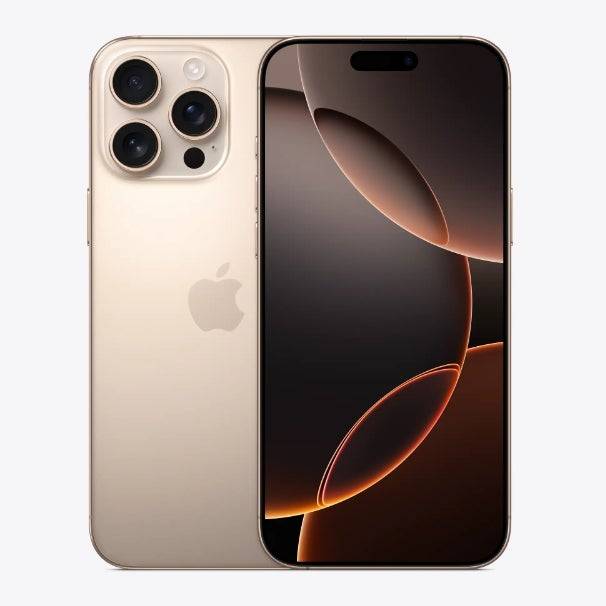
0See it at Best Buy
Looking to save money on a new Apple phone? Check out our guide to the best iPhone deals happening now.
In total, there have been 24 different iPhone generations. The first iPhone debuted in 2007, and at least one new model has been released each subsequent year. This count includes variations like the Plus or Max series alongside the mainline iPhone generations, as well as models like the iPhone SE 2 and iPhone XR.
AnswerSee Results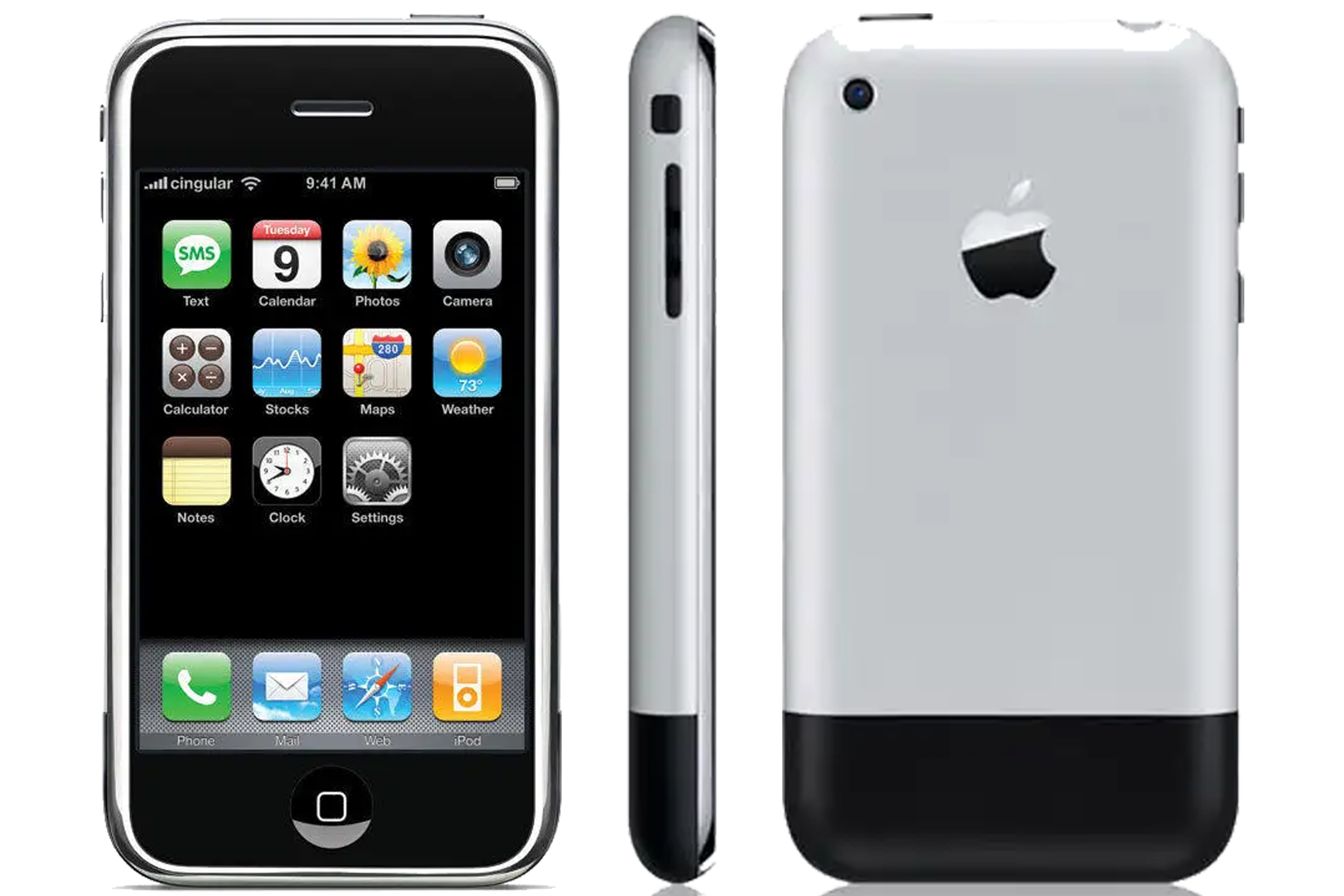
The revolutionary first iPhone was released on June 29, 2007. It combined the functionalities of an iPod, phone, and internet device, marking a significant leap in the smartphone market. Apple's decision to eliminate the physical keyboard in favor of a digital one within the 3.5-inch display, along with a 2-megapixel camera, set the stage for a new era in technology.
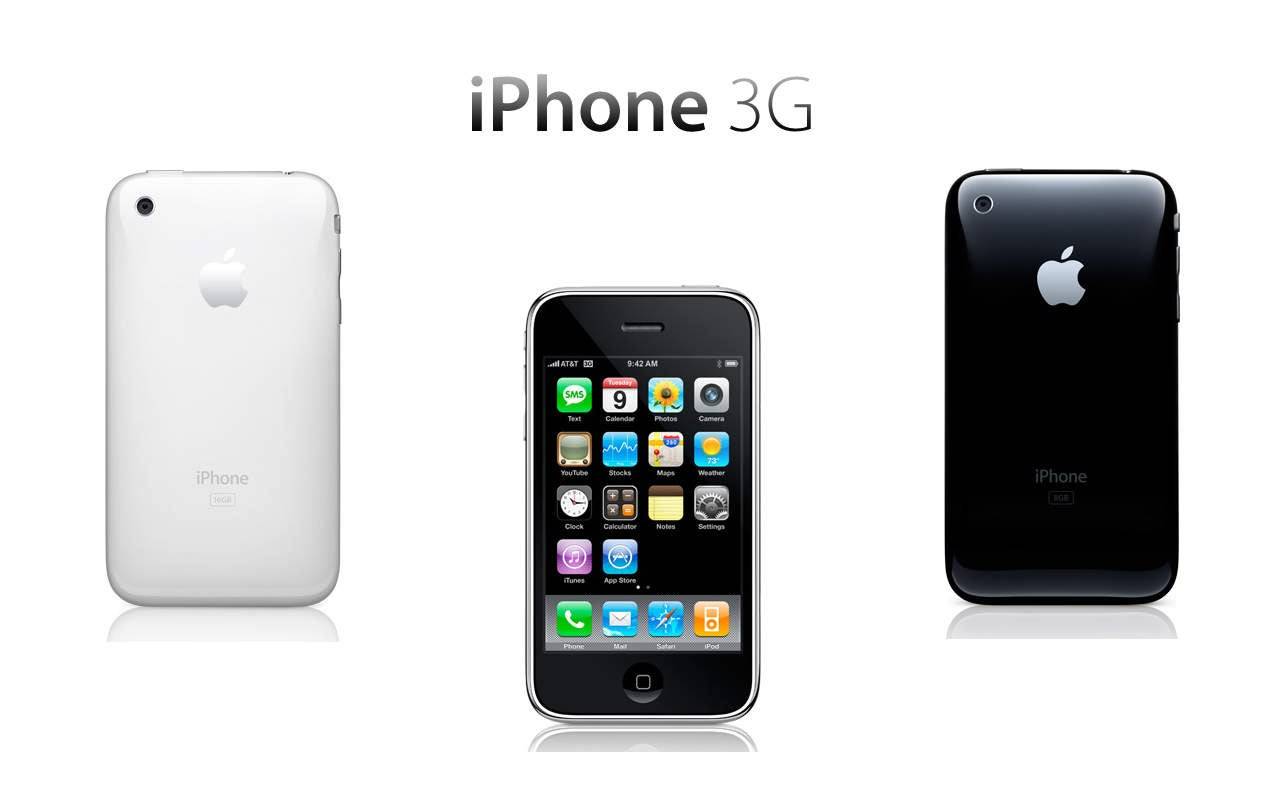
The iPhone 3G, released on July 11, 2008, introduced 3G connectivity, significantly enhancing data speeds. It also marked the debut of the Apple App Store, opening up a new world of mobile applications.
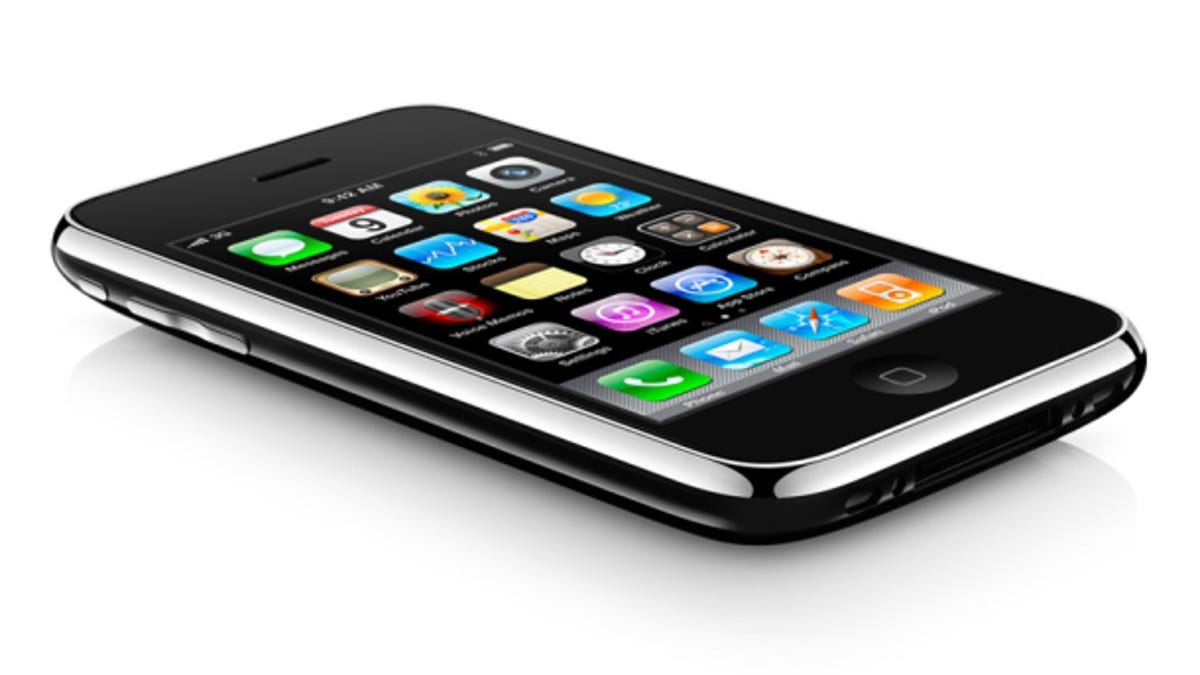
The iPhone 3GS, launched on June 19, 2009, brought a camera upgrade to 3 megapixels, enhancing photo quality. It also introduced new storage options and boasted performance that was twice as fast as its predecessor, the iPhone 3G.
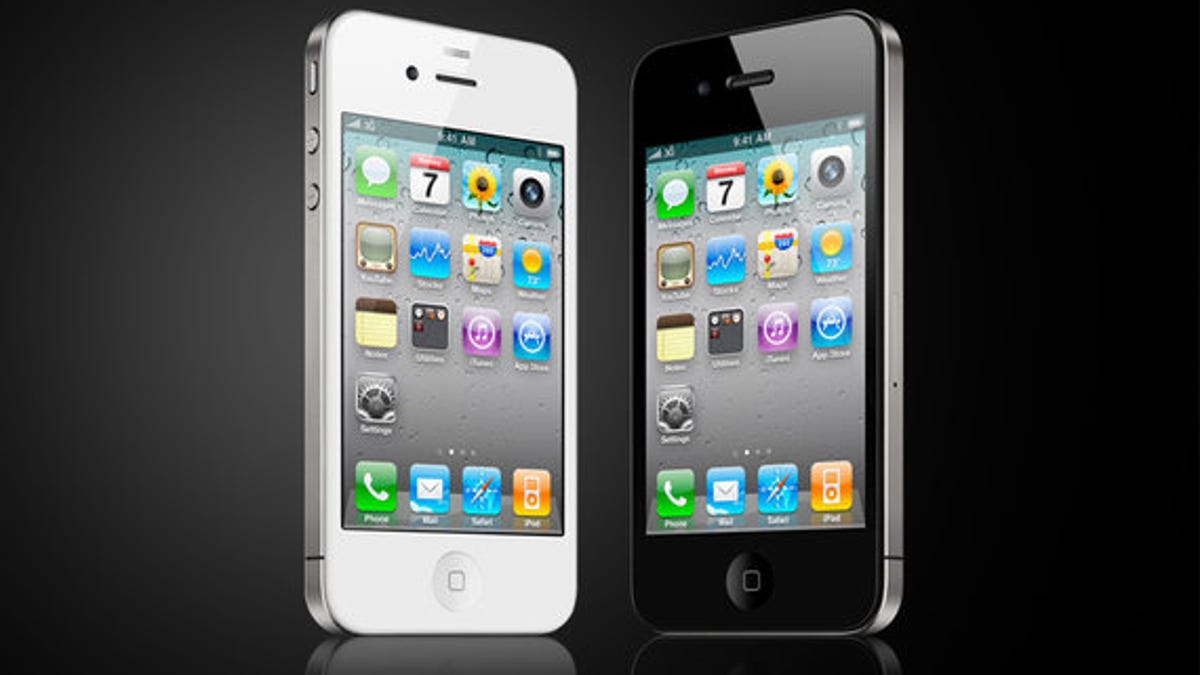
The iPhone 4, released on June 24, 2010, introduced FaceTime, enabling video calls. It featured a 5-megapixel camera with an LED flash and HD video recording capabilities. The iPhone 4 also debuted Apple's Retina display, enhancing visual clarity.
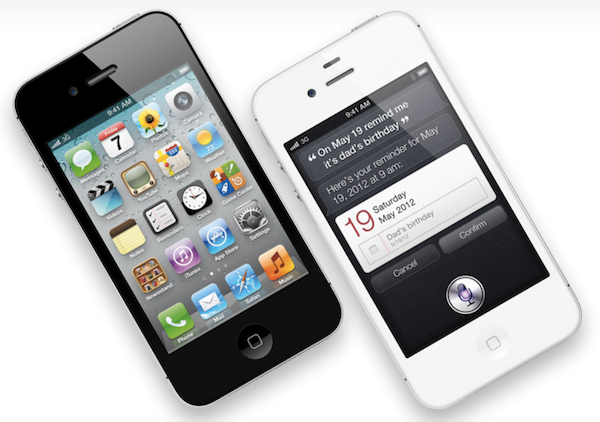
The iPhone 4S, released on October 14, 2011, introduced Siri, Apple's virtual assistant. It also featured an 8-megapixel camera capable of 1080p video recording and introduced major software updates like iCloud and iMessage.
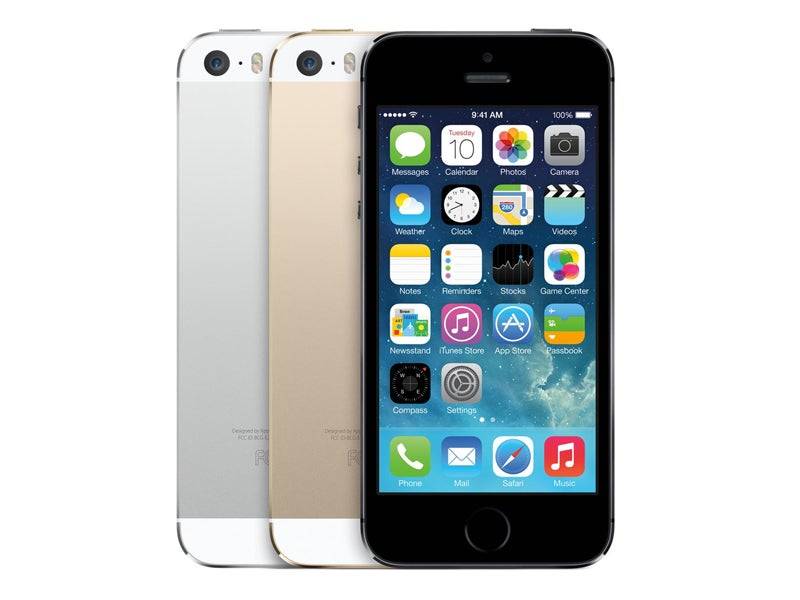
The iPhone 5, launched on September 21, 2012, was the first to support LTE technology, improving data connectivity. It also introduced the Lightning port and enhanced audio capabilities with new microphones.
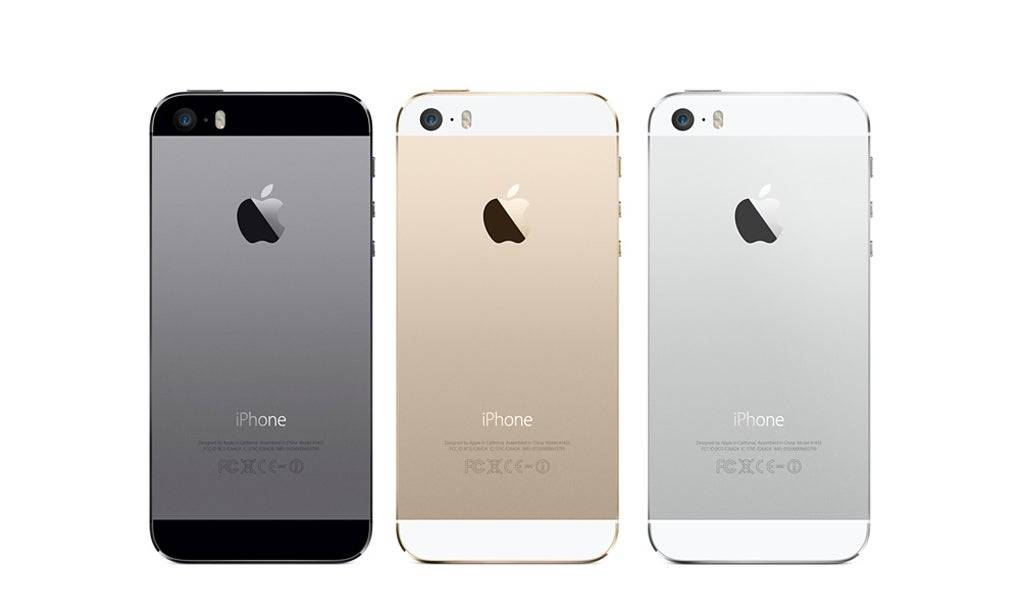
The iPhone 5S, released on September 20, 2013, introduced Touch ID, revolutionizing device security. It also featured the A7 processor and advanced camera technology.
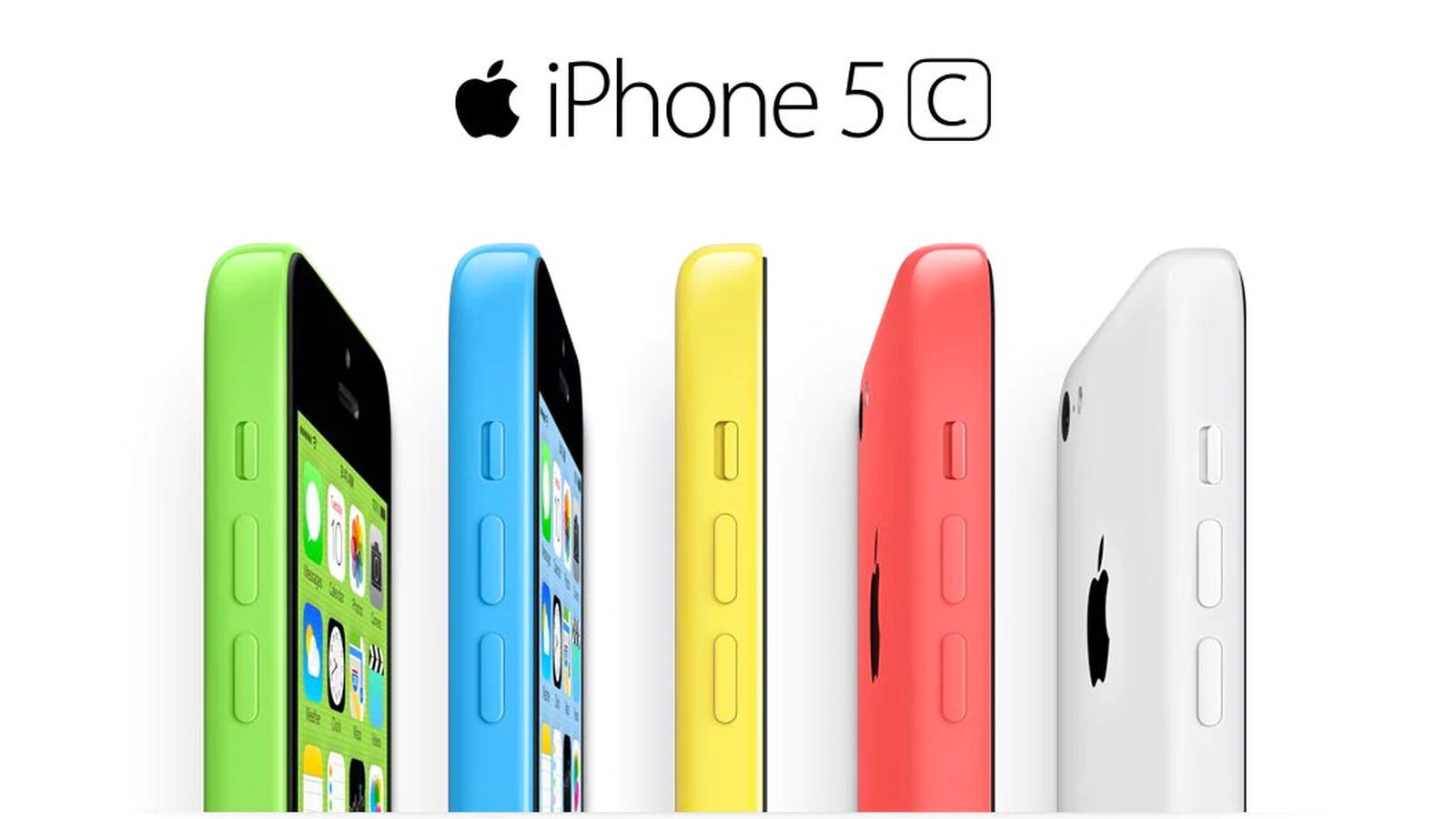
The iPhone 5C, launched alongside the iPhone 5S, was Apple's first budget-friendly model. It featured the same internals as the iPhone 5 but came in vibrant colors, making it more accessible to a wider audience.
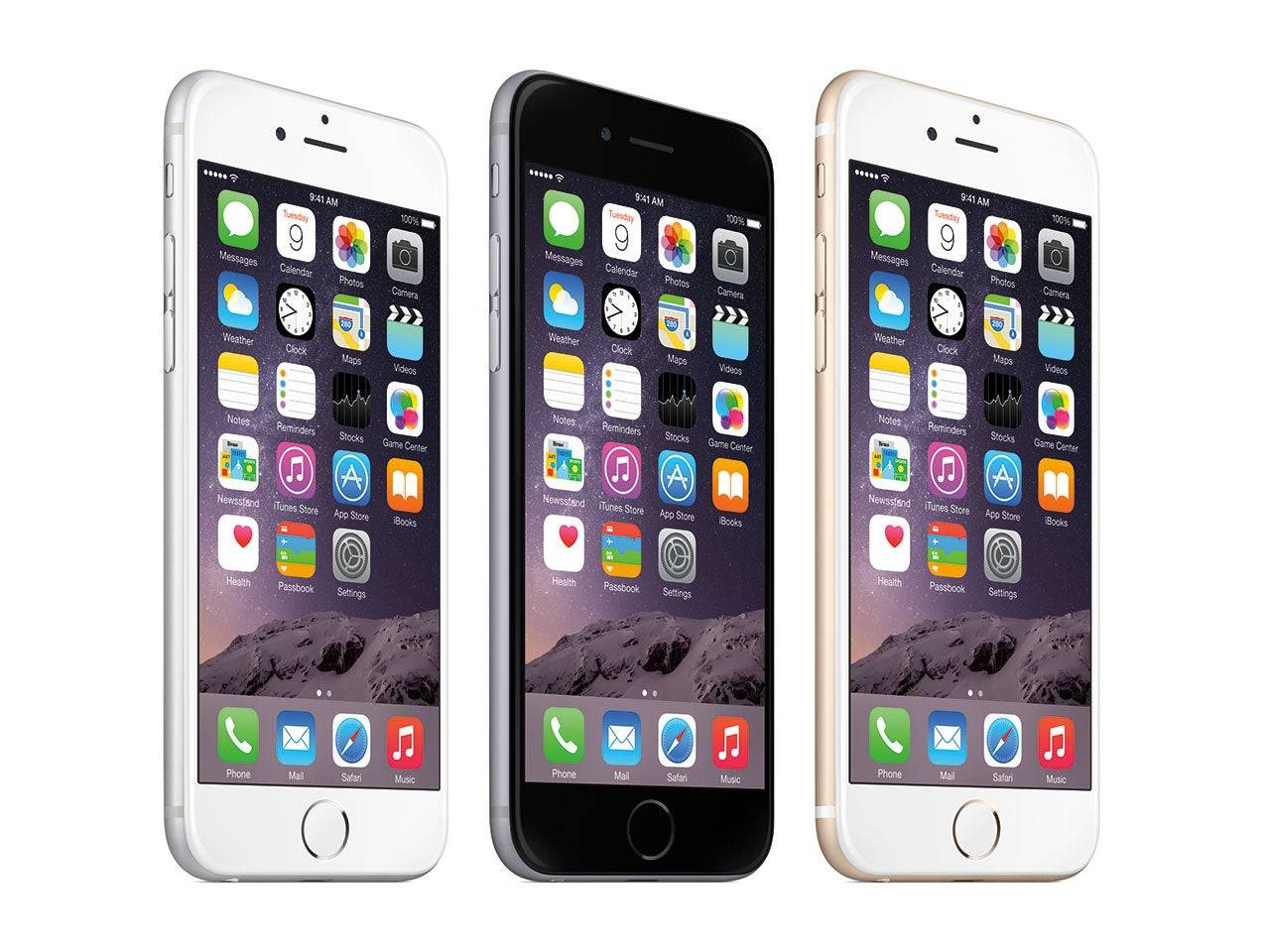
The iPhone 6, released on September 19, 2014, introduced a sleeker design and Apple Pay, powered by NFC technology. It was the first generation to offer multiple models, including the larger iPhone 6 Plus.
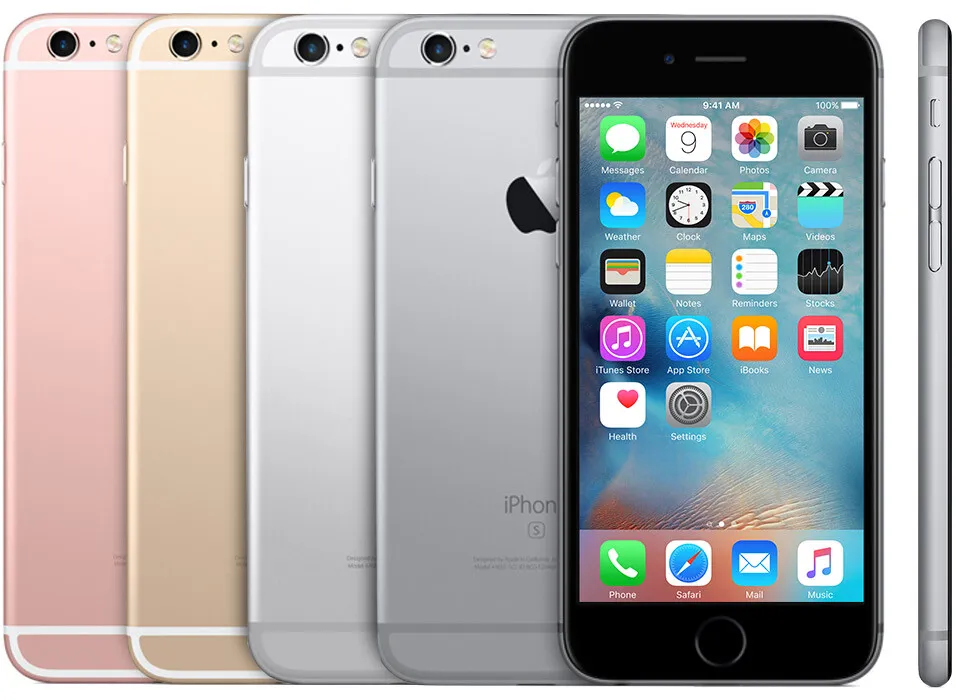
The iPhone 6S, launched on September 25, 2015, introduced 3D Touch, allowing the screen to detect varying levels of pressure. It also featured 4K video recording capabilities, enhancing its utility for filmmakers.
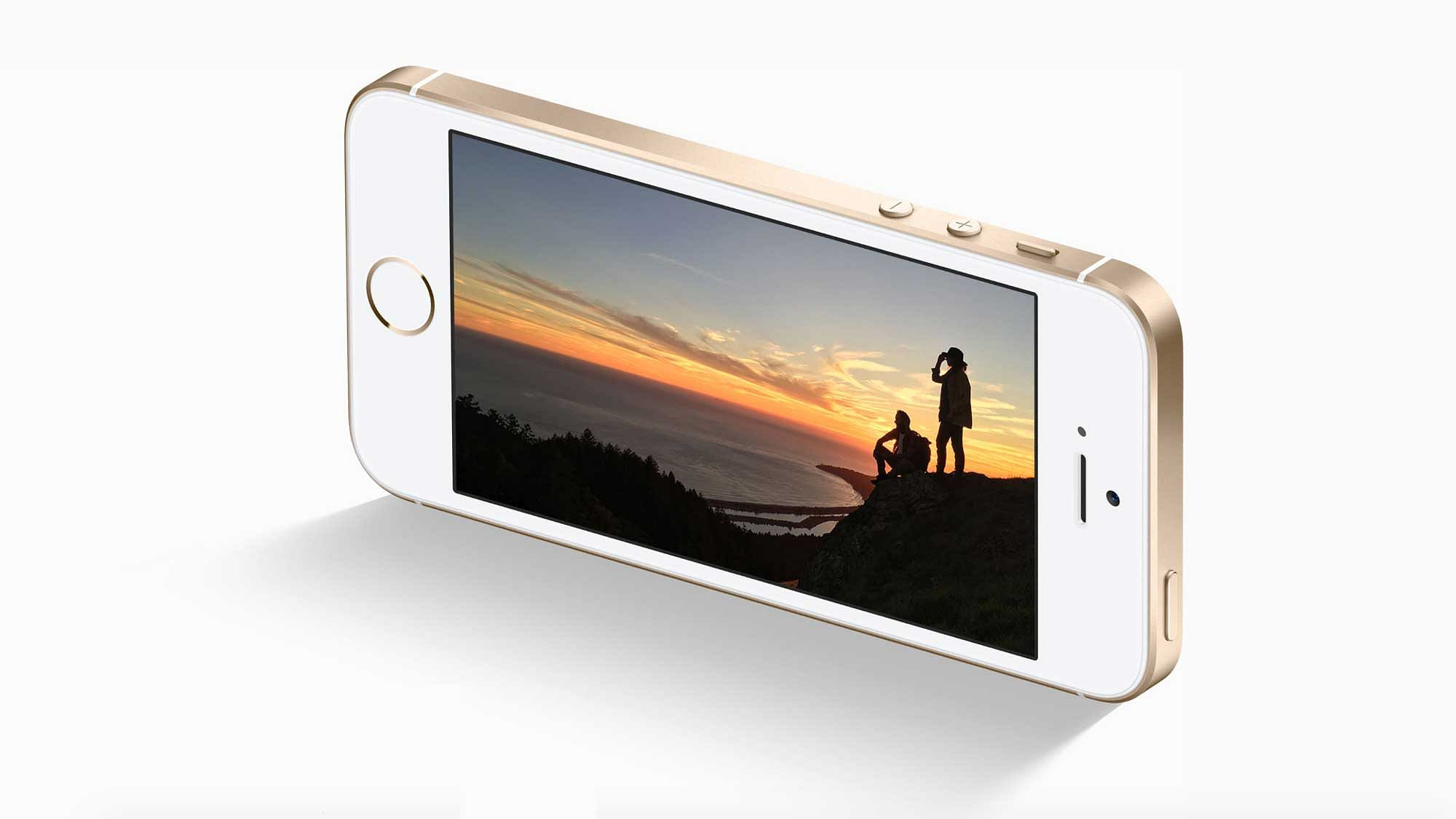
The iPhone SE, released on March 31, 2016, combined the compact design of the iPhone 5S with updated features from the iPhone 6S, including 4K video recording, offering a powerful yet affordable option.
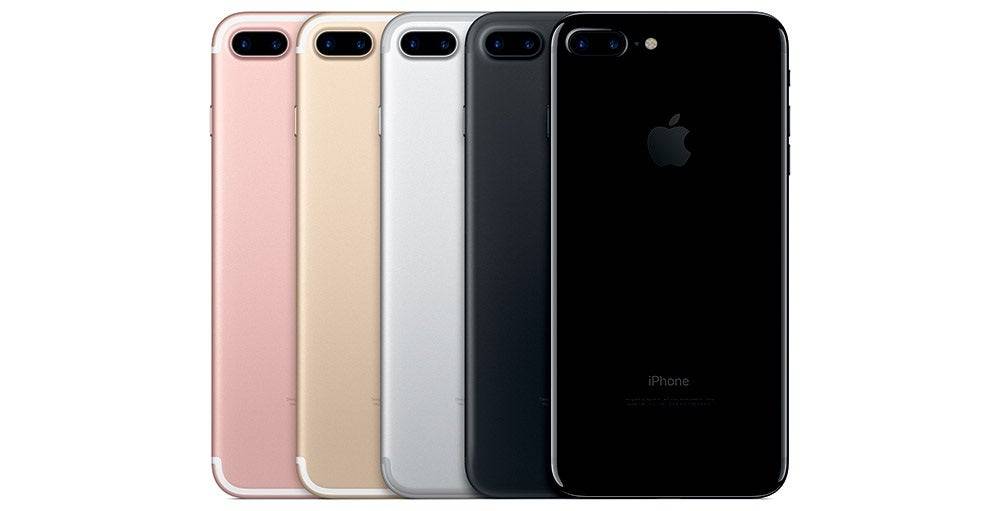
The iPhone 7, launched on September 16, 2016, controversially removed the headphone jack, shifting audio to Bluetooth or the Lightning port. It also introduced water resistance and a dual-camera system on the iPhone 7 Plus.
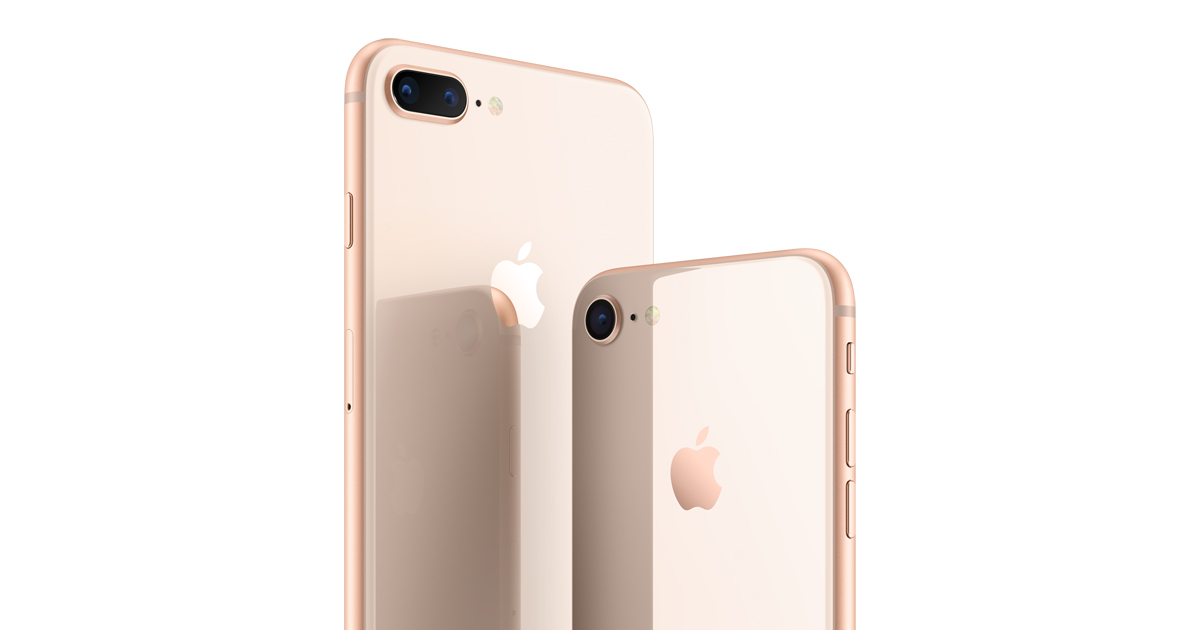
The iPhone 8, released on September 22, 2017, added wireless charging and introduced the True Tone display, which adjusts screen colors based on ambient lighting.
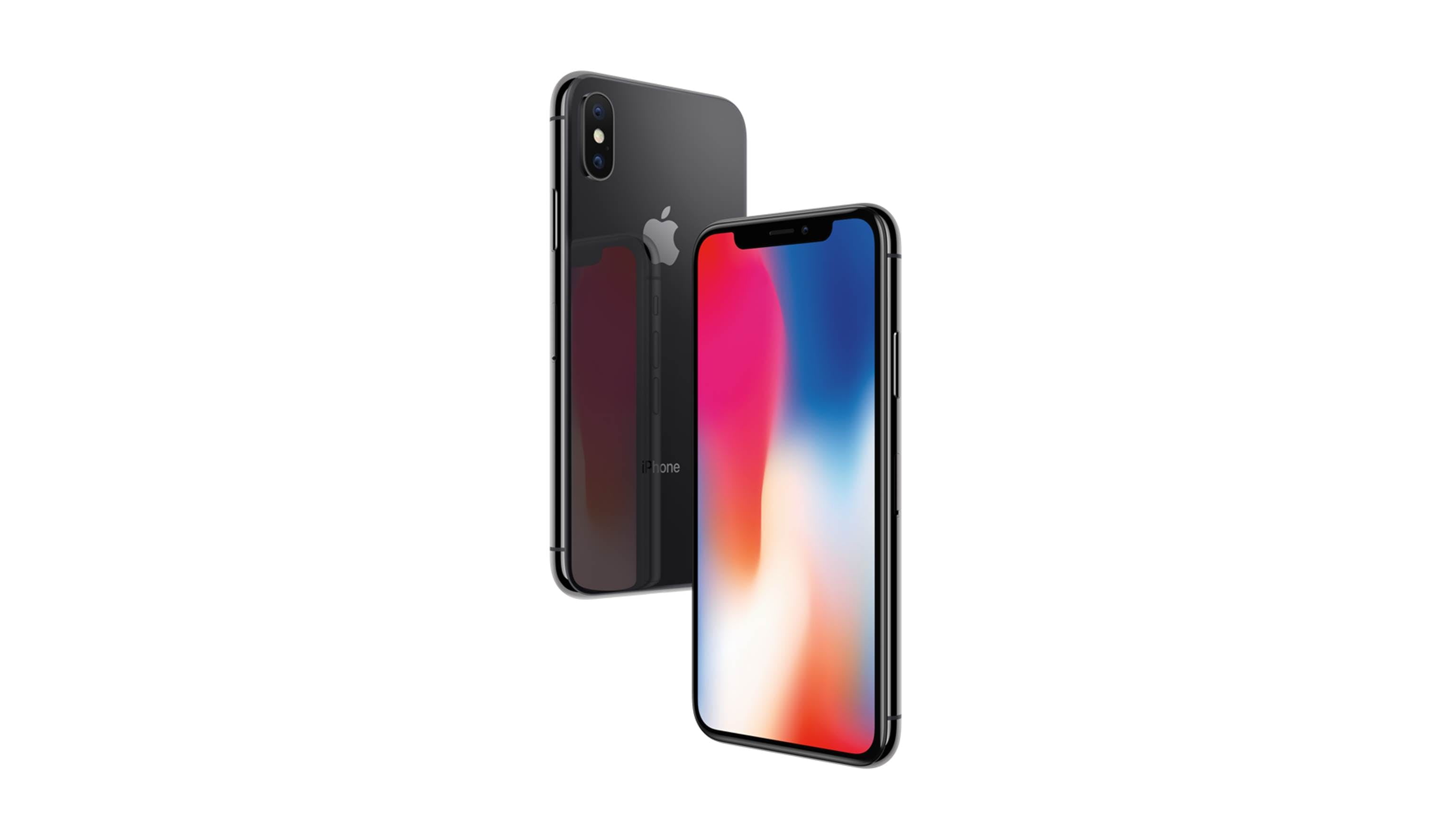
The iPhone X, launched on November 3, 2017, marked a significant design shift, eliminating the home button and introducing Face ID. Its all-screen design and facial recognition technology set a new standard for future models.
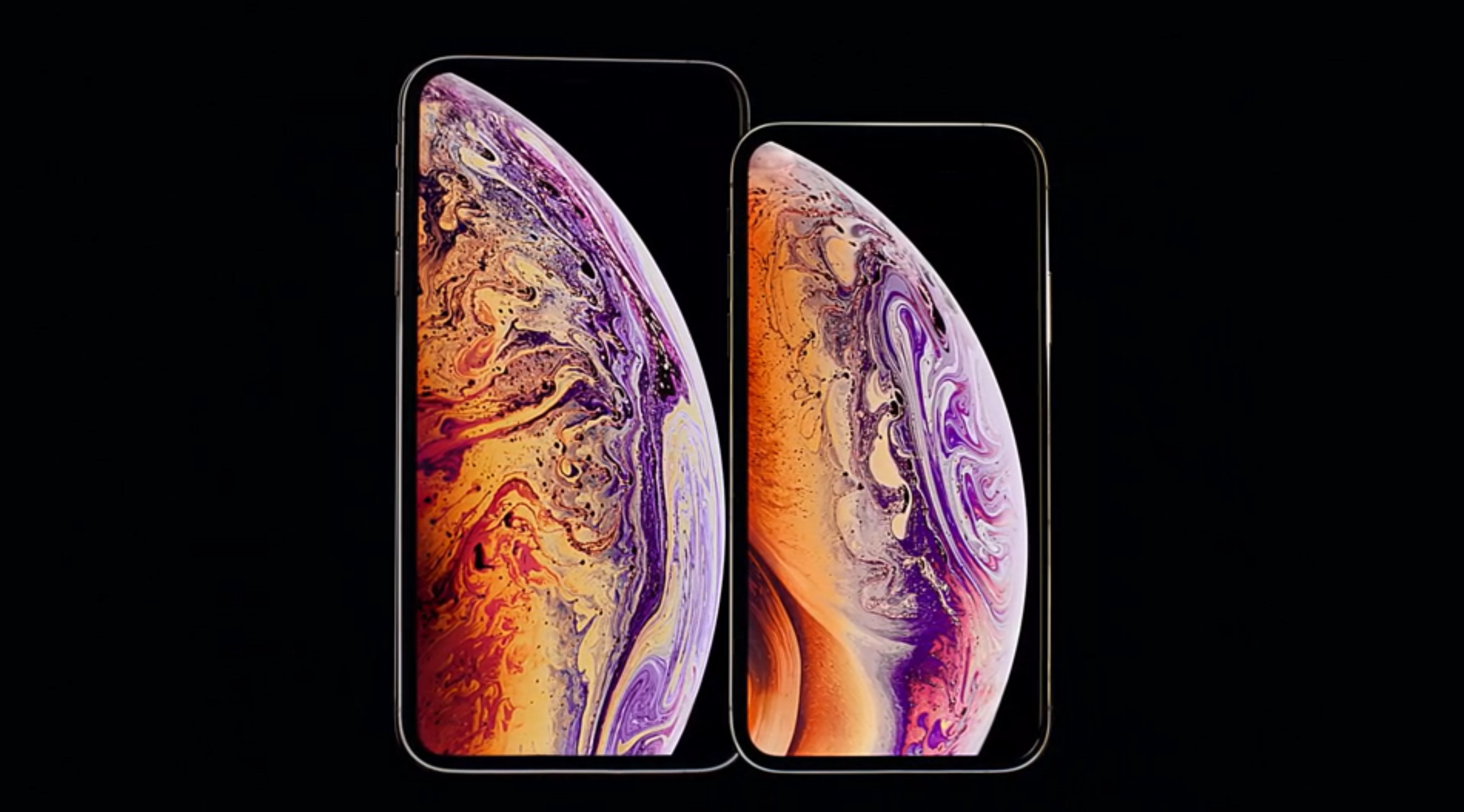
The iPhone XS, released on September 21, 2018, brought minor improvements over the iPhone X, including a dual-SIM tray, which was particularly beneficial for international travelers.
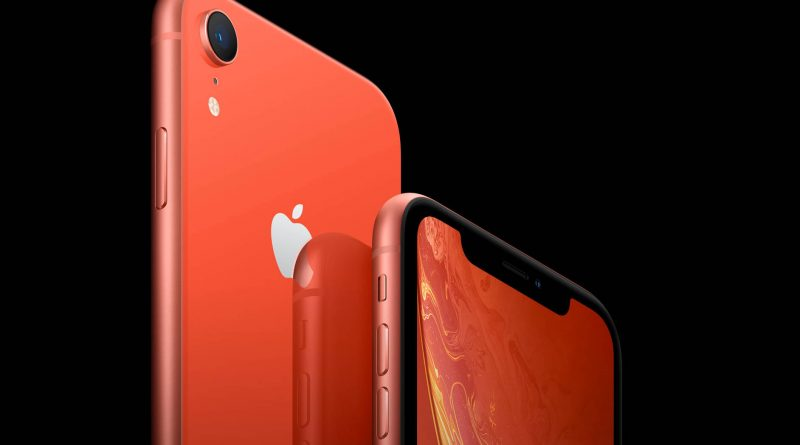
The iPhone XR, launched on October 26, 2018, served as the budget-friendly option of 2018. It featured an LCD display and a single rear camera, offering a cost-effective alternative to the iPhone XS.
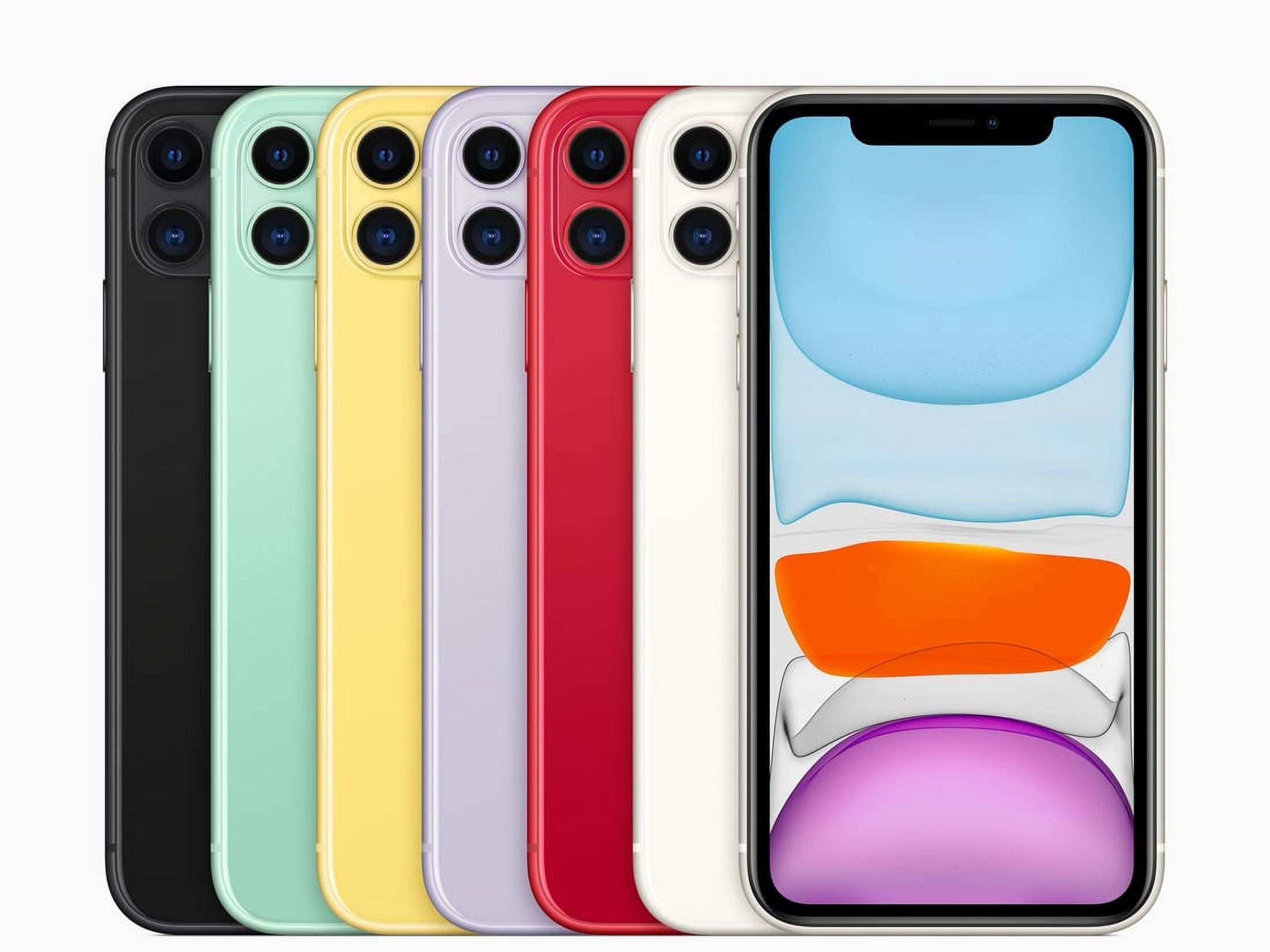
The iPhone 11, released on September 20, 2019, increased the standard screen size to 6.1 inches and introduced an Ultra Wide camera. It also marked the debut of Pro models with advanced camera setups and HDR support.
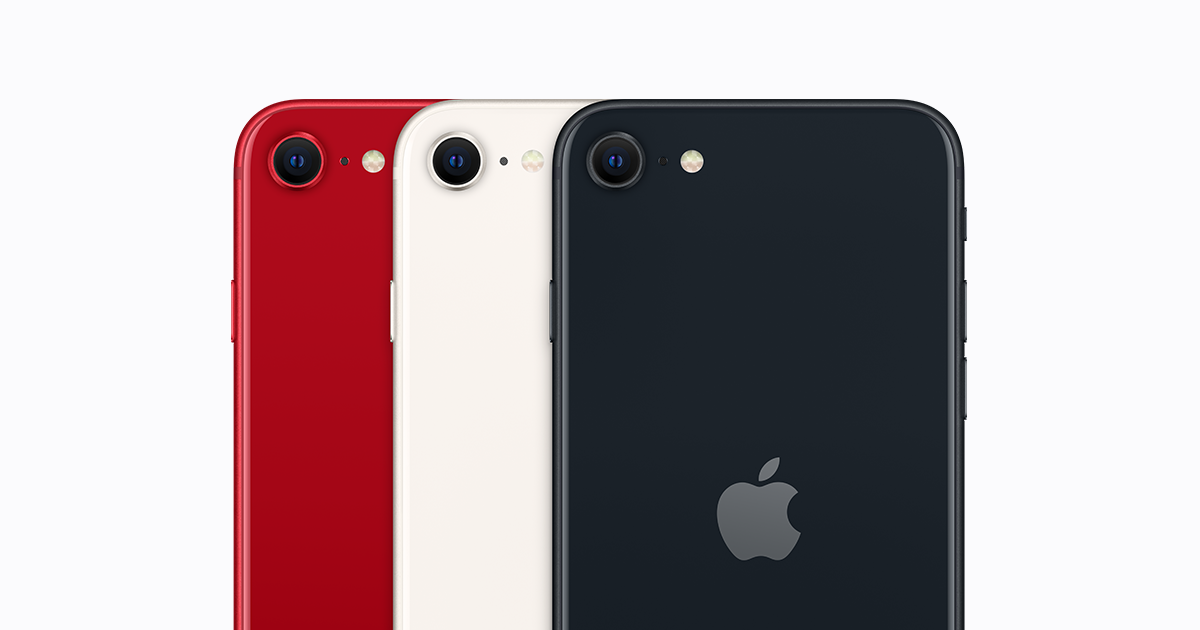
The iPhone SE (2nd Gen), launched on April 24, 2020, featured the A13 Bionic chip, significantly boosting performance. It also introduced a larger 4.7-inch screen with a True Tone display and added Haptic Touch.
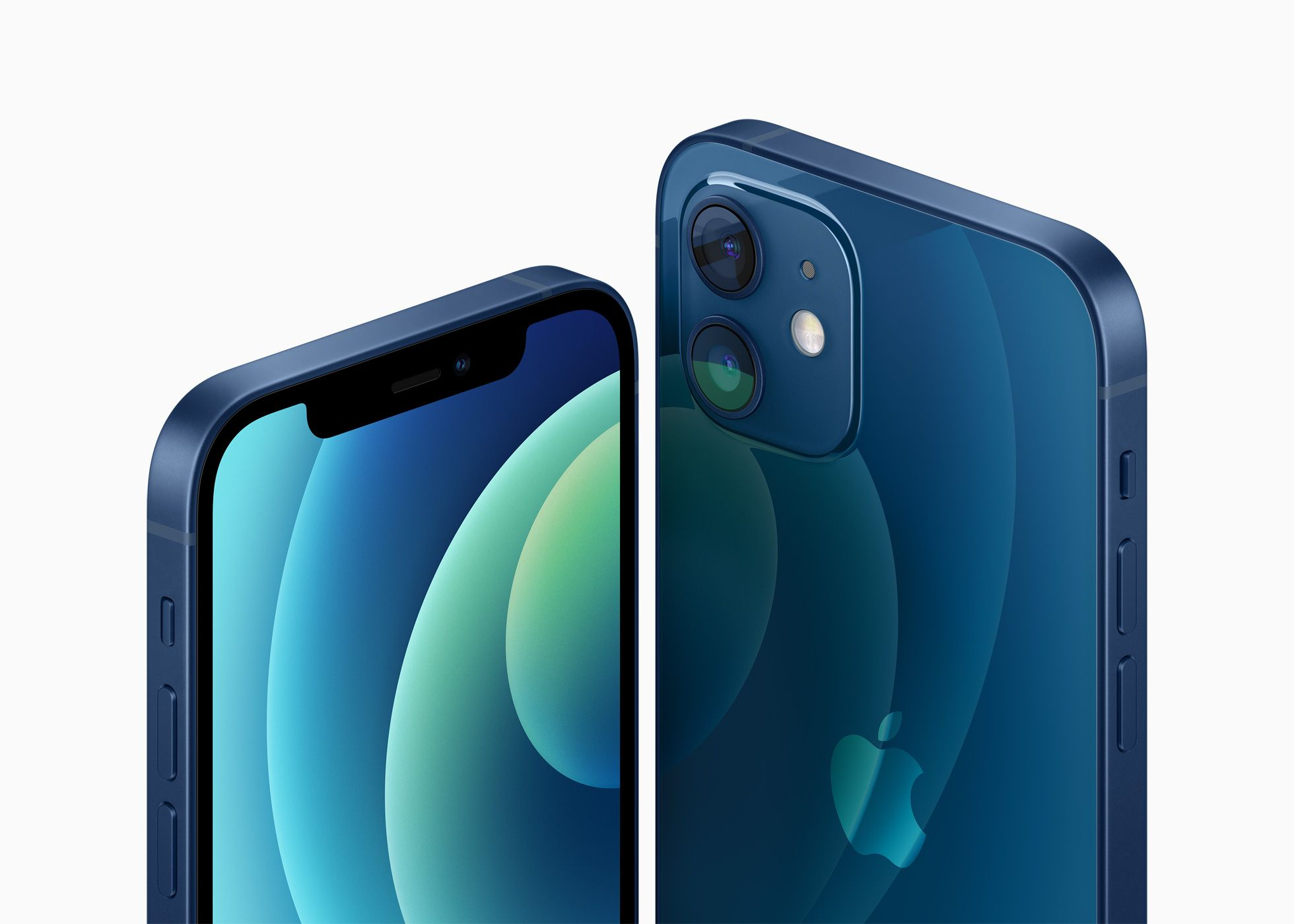
The iPhone 12, released on October 23, 2020, introduced MagSafe for magnetic accessory attachment and the Super Retina XDR display. It also featured a Ceramic Shield for enhanced durability.

The iPhone 13, launched on September 24, 2021, significantly improved battery life and introduced photography features like Cinematic Mode. The Pro models added ProRes video capabilities.
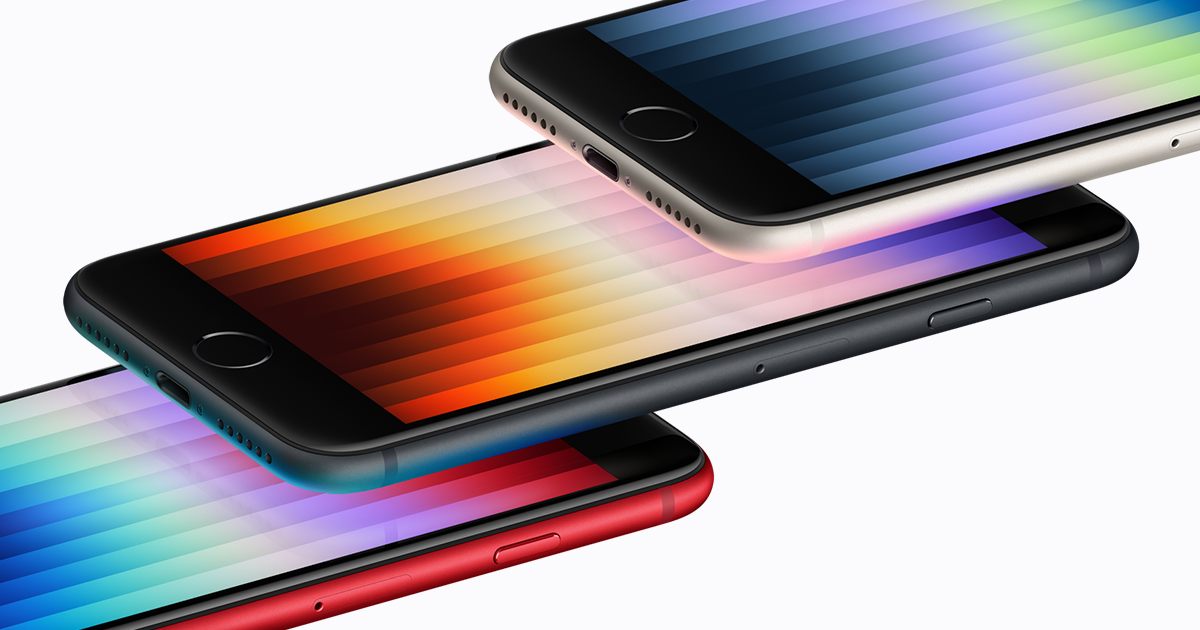
The iPhone SE (3rd Gen), released on March 18, 2022, brought back the home button and introduced 5G connectivity. It also included advanced photography features like Night Mode and Photographic Styles.
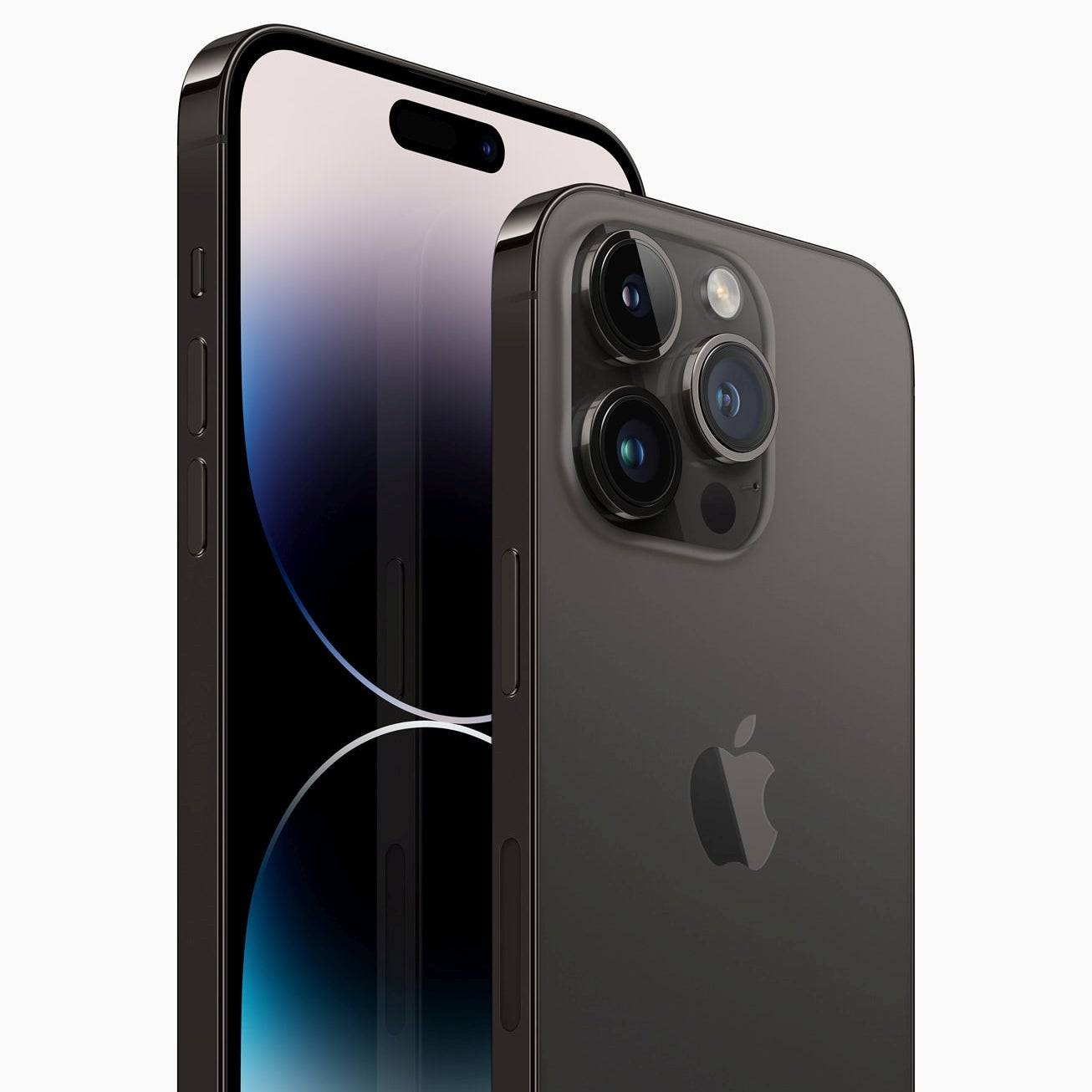
The iPhone 14, launched on September 16, 2022, introduced Emergency SOS via satellite and enhanced camera systems across all models. It also saw the return of the Plus model.
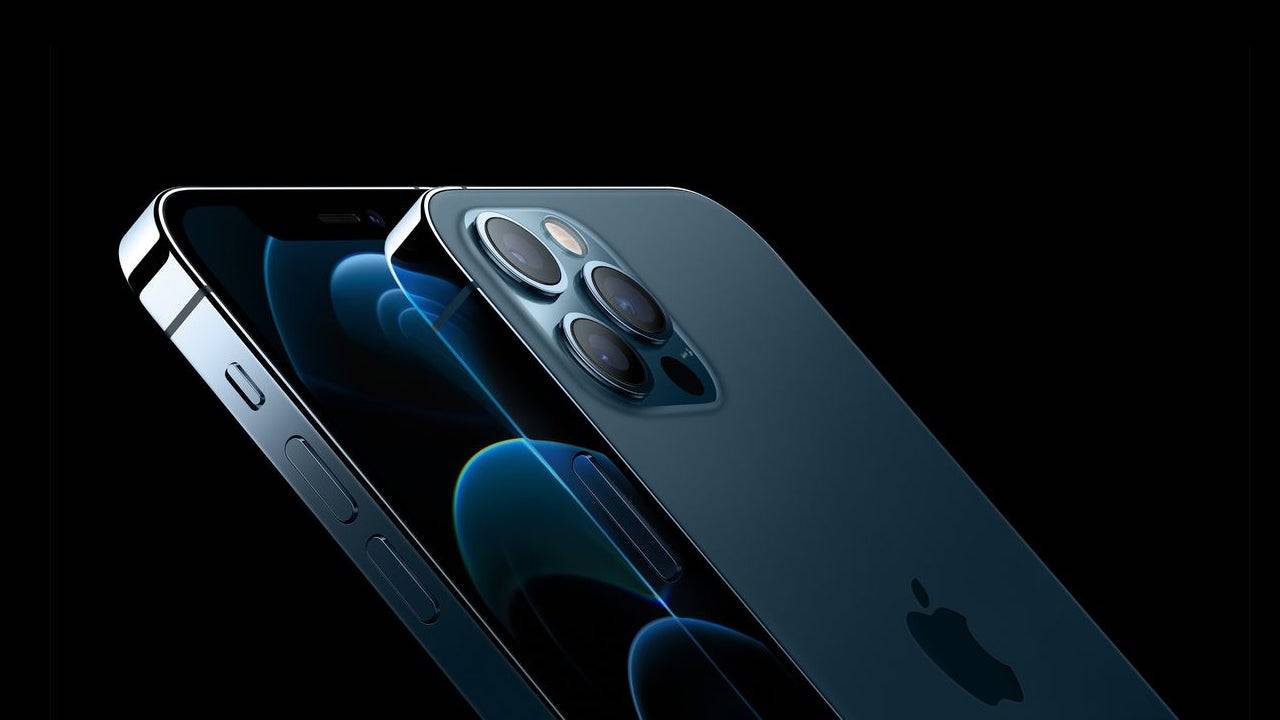
The iPhone 15, released on September 22, 2023, switched from Lightning to USB-C due to EU regulations. The Pro models featured a new lens, titanium frame, and an action button.
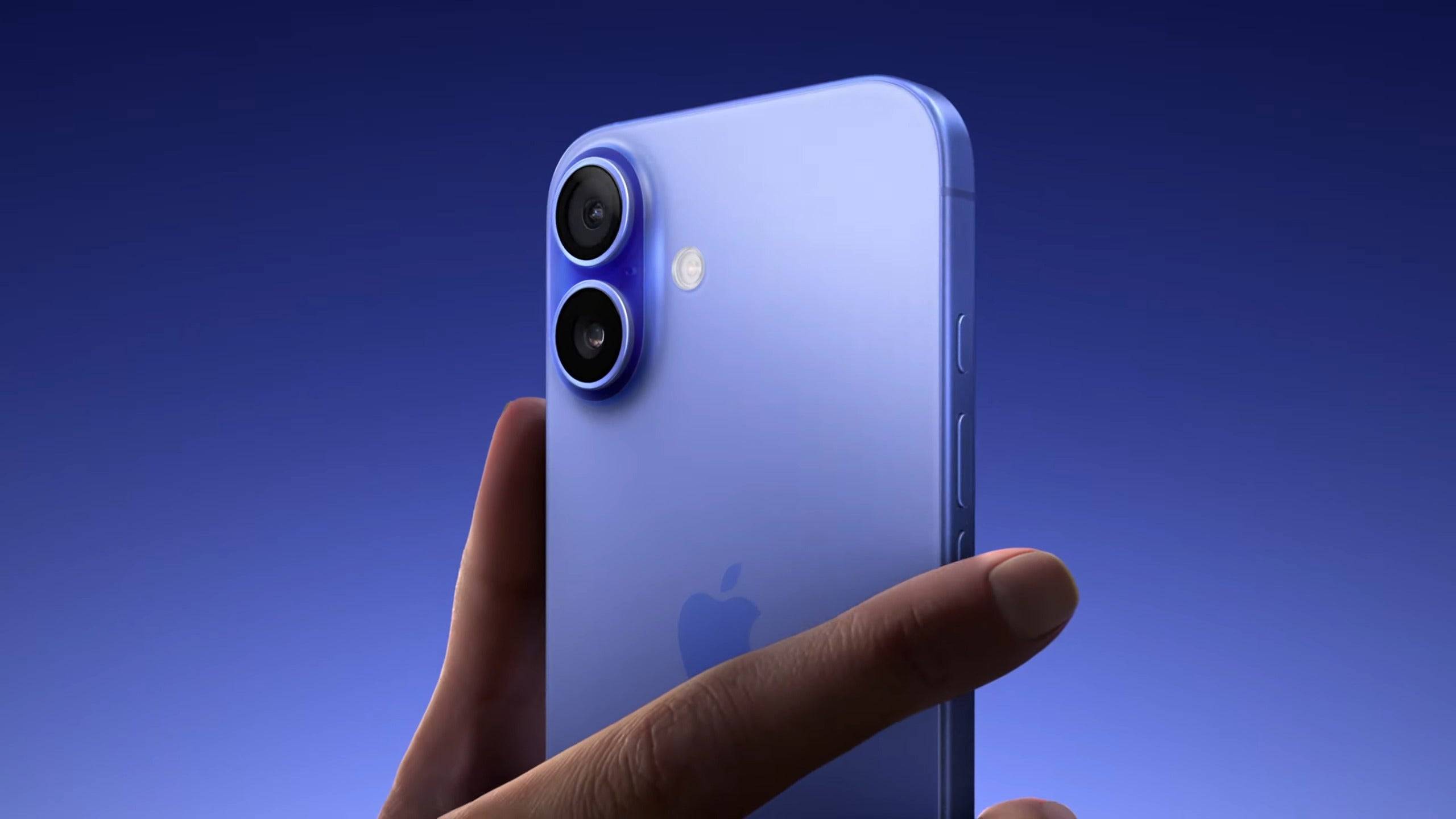
The latest iPhone 16, unveiled in September 2024, includes models such as the iPhone 16, iPhone 16 Plus, iPhone 16 Pro, and iPhone 16 Pro Max. Key updates include faster CPU performance, a customizable action button, and the integration of Apple Intelligence.
In our review of the iPhone 16 and iPhone 16 Pro Max, we highlighted the significant upgrades over the previous generation.
Although the iPhone 16 was recently announced, anticipation for the iPhone 17 is already building. While details are scarce, we can expect Apple to follow its usual schedule and release the iPhone 17 around September 2025.
You can find our detailed guide to all the major iPhone 16 announcements from the recent event.
Looking to dive into more Apple history? Check out our guides to every iPad generation and every Apple Watch generation.
How to Feed Villagers in Necesse
Bitlife: How to Complete the Renaissance Challenge
Bahiti Hero Guide: Mastering the Epic Marksman in Whiteout Survival
Best Bullseye Decks in Marvel Snap
One of the most famous CoD players thinks the series is in the worst state now
How to Complete Canker in Kingdom Come Deliverance 2
Infinity Nikki: How to win at Marble King
How to Start Cars Without Keys in Project Zomboid

Fortnite Chapter 6: Collecting Mineral Samples with Plasma Burst Laser
Mar 30,2025

"Legacy of Kain Devs Unveil Nosgoth Encyclopedia and TTRPG"
Mar 30,2025

"Minecraft Unveils Adaptive Cows, New Plant with Fireflies, and Ambient Music"
Mar 30,2025

Top Starbrand Decks for Marvel Snap Revealed
Mar 30,2025

Best Avowed Companions, Ranked by Helpfulness
Mar 29,2025